We've all been there – staring at screens long past midnight, convincing ourselves that "just one more episode" or "a few extra work emails" won't hurt. But as the digital age keeps us perpetually connected, the culture of late-night productivity and entertainment comes with consequences far more severe than next-day grogginess. The science is clear: chronic sleep deprivation isn't just about feeling tired – it's systematically dismantling your health in ways most people don't realize until it's too late.
Your Brain on Sleep Debt
When you consistently shortchange your sleep, you're not just losing rest – you're altering your brain chemistry. Neuroscientists have found that sleep-deprived individuals show significantly reduced activity in the prefrontal cortex, the region responsible for decision-making and impulse control. This explains why after all-nighters, we reach for sugary snacks and make questionable life choices. More alarmingly, chronic sleep loss accelerates the buildup of beta-amyloid proteins, a hallmark of Alzheimer's disease. Essentially, every night you sacrifice sleep, you might be stealing memories from your future self.
The cognitive impacts manifest in subtle but dangerous ways. Reaction times deteriorate to levels comparable with being legally drunk. Your ability to read emotional cues plummets, turning you into a social liability at work and in relationships. Creativity and problem-solving skills – the very abilities many stay up late to cultivate – actually diminish with sustained sleep deprivation. The irony is painful: by trying to accomplish more by sleeping less, you're gradually making yourself less capable.
The Body's Silent Rebellion
While your brain suffers visibly, your body wages a quieter but equally devastating mutiny against sleep deprivation. Hormonal balances shift catastrophically – cortisol (the stress hormone) spikes while leptin (which signals fullness) drops and ghrelin (which triggers hunger) surges. This perfect storm explains the notorious "night owl weight gain" phenomenon. Even with identical diets and exercise, sleep-deprived individuals gain significantly more weight than their well-rested counterparts.
Your cardiovascular system takes a beating too. Blood pressure fails to dip appropriately during shortened sleep periods, putting constant strain on your heart. Inflammation markers rise, creating ideal conditions for everything from acne to arthritis. Perhaps most frightening is the impact on glucose metabolism – after just one week of four-hour nights, healthy young adults enter prediabetic states. The modern trifecta of obesity, heart disease, and diabetes finds fertile ground in chronically tired bodies.
The Emotional Toll
Sleep and mental health share a bidirectional relationship that's often overlooked. While anxiety might keep you awake, lack of sleep then exacerbates anxiety in a vicious cycle. The amygdala becomes hyperactive on little sleep, interpreting neutral events as threatening. What should be minor stressors feel like existential crises after sleepless nights. Depression risks increase nearly fourfold for chronic late-nighters, with sleep disruption often preceding depressive episodes rather than simply accompanying them.
Relationships inevitably suffer when operating on minimal sleep. The same neural pathways that help us interpret facial expressions and tone of voice degrade without proper rest. You're more likely to misinterpret a partner's concern as criticism or a colleague's suggestion as hostility. Emotional regulation becomes nearly impossible, turning minor irritations into explosive arguments. Many couples fighting about "communication issues" might actually be suffering from cumulative sleep debt.
Productivity Paradox
Here's the cruel joke: the productivity gains that motivate all-nighters are largely mythical. While you might squeeze out a few extra hours of work initially, the subsequent days' productivity nosedives. Studies tracking actual workplace output show sleep-deprived employees make more errors, take longer to complete tasks, and demonstrate poorer judgment. The marginal gains of late-night work are quickly erased by days of impaired performance – like taking out a high-interest loan against your future effectiveness.
The illusion of productivity persists because tired brains struggle with accurate self-assessment. You might feel like you're powering through important work at 2 AM, but the quality often doesn't survive daylight scrutiny. Creative fields suffer particularly – that "brilliant" idea scribbled at midnight frequently reveals itself as incoherent rambling in the morning. The most innovative companies have recognized this, with forward-thinking tech giants implementing strict "no all-nighters" policies for their development teams.
Breaking the Cycle
Escaping the late-night trap requires more than just good intentions. Your circadian rhythm – the internal clock governing sleep-wake cycles – responds to consistent cues. Start by anchoring your wake-up time, even on weekends, to stabilize your biological clock. Gradually shift bedtime earlier in 15-minute increments rather than attempting dramatic overnight changes. The blue light from screens mimics sunlight, tricking your brain into daytime alertness – install flux-style apps and establish a digital sunset at least an hour before bed.
Redefine your relationship with nighttime. Western culture glorifies "hustle" and equates sleep with laziness, while scientific reality shows the opposite. Consider sleep as your most important daily investment – not time wasted but performance-enhancing. Track your sleep patterns for a month alongside productivity metrics and mood. The data often shocks chronic late-nighters into change when they see the tangible costs of those "extra hours."
The path to better sleep isn't about perfection but progression. An occasional late night won't undo your health, but the pattern of chronic deprivation creates cumulative damage. Listen to your body's signals – if you need an alarm to wake up, you're likely not getting enough sleep. In a world that never sleeps, choosing to rest becomes a revolutionary act of self-preservation. Your future self – healthier, sharper, and more emotionally balanced – will thank you for turning off the lights.

By /Aug 19, 2025
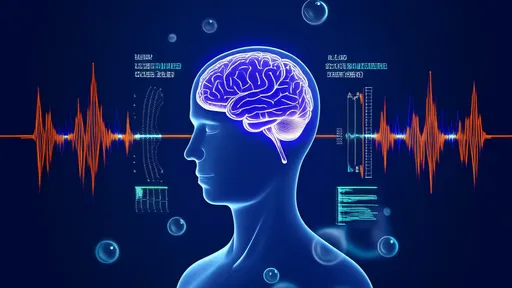
By /Aug 19, 2025

By /Aug 19, 2025

By /Aug 19, 2025
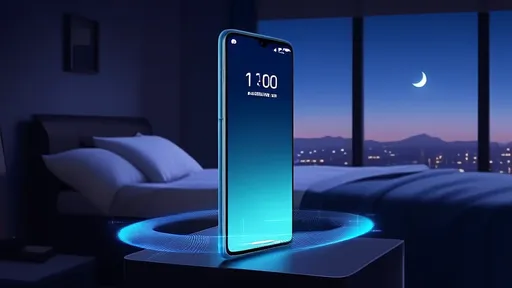
By /Aug 19, 2025

By /Aug 19, 2025

By /Aug 19, 2025
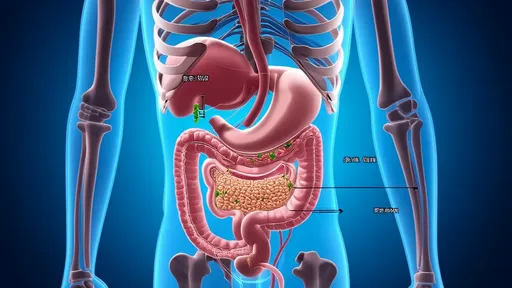
By /Aug 19, 2025

By /Aug 19, 2025

By /Aug 19, 2025

By /Aug 19, 2025
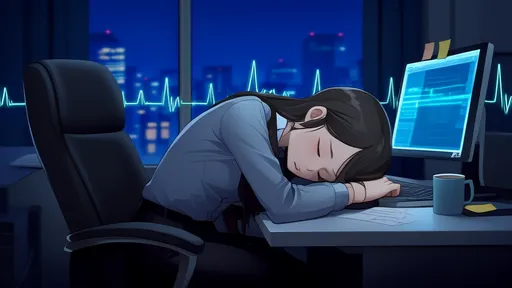
By /Aug 19, 2025

By /Aug 19, 2025
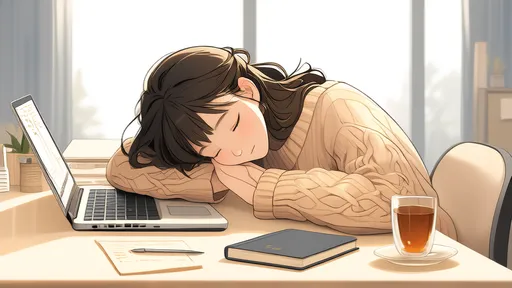
By /Aug 19, 2025

By /Aug 19, 2025

By /Aug 19, 2025

By /Aug 19, 2025

By /Aug 19, 2025

By /Aug 19, 2025
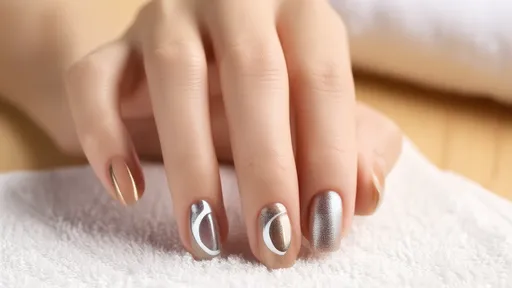
By /Aug 19, 2025